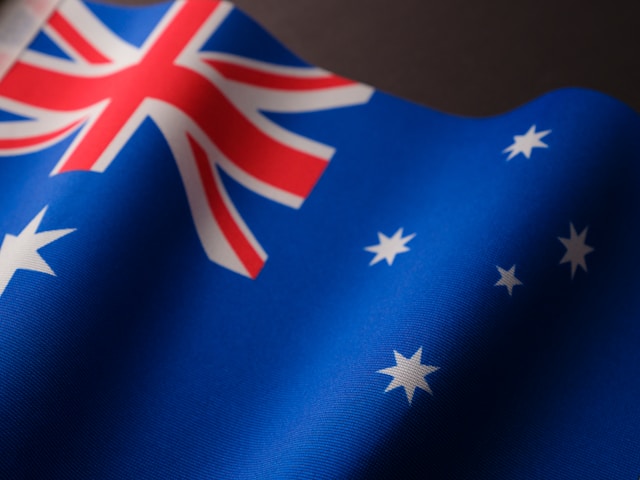The ABC Chair warns that years of budget cuts have compromised the broadcaster’s ability to deliver quality content and fight misinformation
In a candid address to the National Press Club, ABC Chair Kim Williams acknowledged that the broadcaster’s output has been severely impacted by a decade of funding cuts, with certain key programming areas—such as drama, children’s shows, documentaries, and regional coverage—bearing the brunt of the financial strain. Williams, a former chair of News Corp Australia, expressed deep concern over the ABC’s growing inability to meet the needs of a modern, diverse Australia, calling for immediate reinvestment to ensure its future viability.
Reflecting on the past few decades, Williams noted that the public broadcaster had suffered a significant loss of funding, which he described as a “very real toll” on the quality of its services. He explained that despite the increased demand for ABC’s offerings, its budget had shrunk by approximately one-third in real terms. “We stood back for the best part of three or four decades and allowed the ABC to lose one-third of its funding, even as its services have been needed more than ever,” Williams said.
The decline in funding, he argued, has led to a deterioration in the broadcaster’s capacity to provide comprehensive cultural coverage. He lamented that while Australia’s economy had grown wealthier, the ABC had become “much poorer.” The broadcaster, once a staple of Australian cultural life, now faces the harsh reality of doing more with less, all while trying to keep up with the increasing demand for digital services, such as iview.
Embed from Getty ImagesWilliams, who recently led a restructuring of the ABC, underscored the urgency of properly funding the public broadcaster to combat the escalating threats posed by misinformation and disinformation. “As the waters of misinformation and disinformation rise, the continuing existence of the ABC as a trusted source of the truth will help save our democracy,” he said, stressing the importance of maintaining a robust, independent media service that can stand as a counterbalance to the tide of foreign-generated content flooding Australian media platforms.
Despite being allocated $1 billion annually by the government, Williams pointed out that the ABC’s budget now represents just 0.13% of national outlays, down from 0.31% in 2001. This represents a stark underinvestment in public broadcasting, particularly when compared to other developed democracies. He added that Australia’s per capita investment in public broadcasting is about 40% lower than the average of 20 OECD countries. For Williams, this disparity is troubling, particularly when considering the success of smaller nations like Scandinavia, which consistently produce high-quality international content despite their smaller populations.
The ABC Chair also highlighted the broadcaster’s struggles in content creation, noting that the quality of Australian productions has diminished. “There is no reason why Australia cannot produce brilliant international content like that seen on Netflix or Disney+,” he stated. “The tiny Scandinavian countries punch like heavyweights in the world of entertainment, while we, with our far larger population, are currently punching like phantom waves.”
In his address, Williams acknowledged the recent controversy surrounding the non-renewal of Sarah Macdonald’s contract as presenter of ABC Radio Sydney’s Mornings program. The decision to let Macdonald go sparked an outcry among listeners and staff, but Williams defended it as part of normal media management and said he fully supported the ABC’s approach to content renewal. “That decision is a management decision, and I fully support our management in making relevant decisions as to the direction and content of the services that the ABC provides,” he explained.
However, Williams did express concern over the impact of underfunding on the ABC’s global influence. He singled out the decline of Radio Australia’s once-robust international services, which he argued had reduced the nation’s soft power on the world stage. “The fine Australian content we once produced for children and young people has been reduced, along with our educational programming,” he said. “Content development in documentaries, science, religion and ethics, drama, and sports, including women’s sports, has also seen a decline.”
Furthermore, he noted that the ABC’s coverage of regional news and culture—long considered a hallmark of the broadcaster—had diminished, despite its presence in 58 locations across the country. “Regional Australian news and culture are not what they once were,” Williams lamented.
In closing, Williams issued an impassioned plea for the government to prioritise the ABC’s funding, calling for a “plan for renewal and reinvestment” to ensure that the broadcaster can continue to provide quality programming and serve as a safeguard against misinformation. “The ABC needs a plan for renewal and reinvestment, and it needs it now,” he said, urging immediate action to restore the broadcaster’s capacity to deliver for all Australians.
